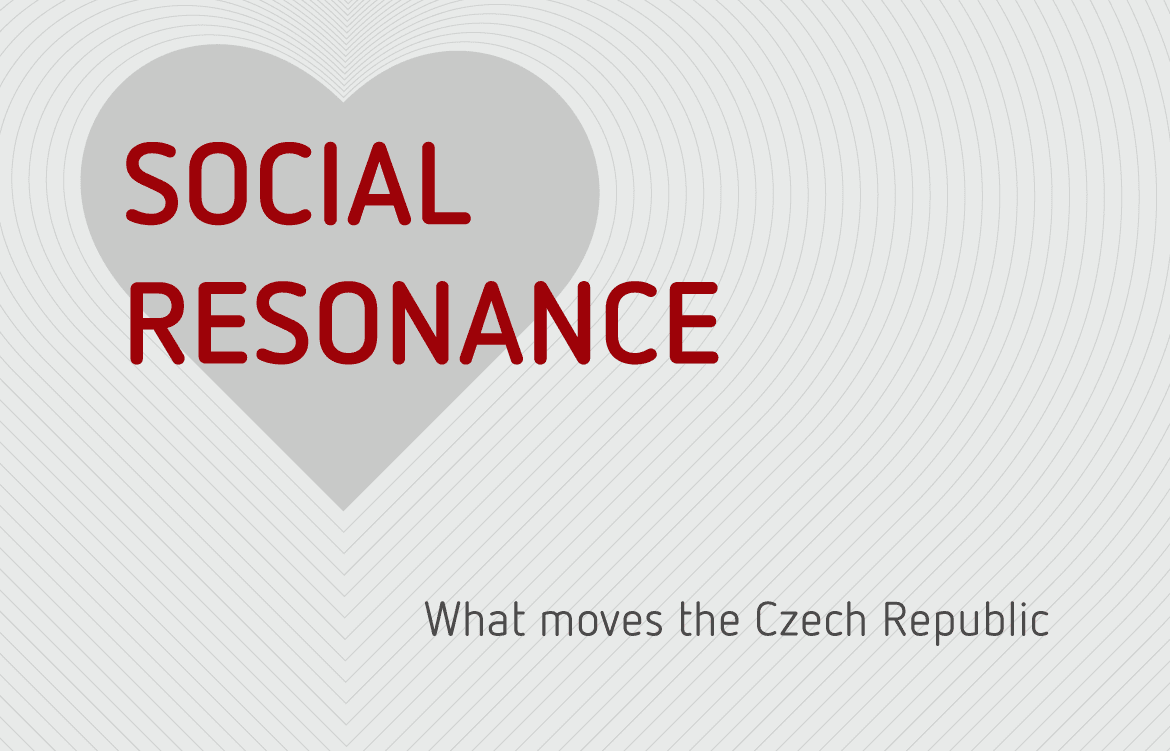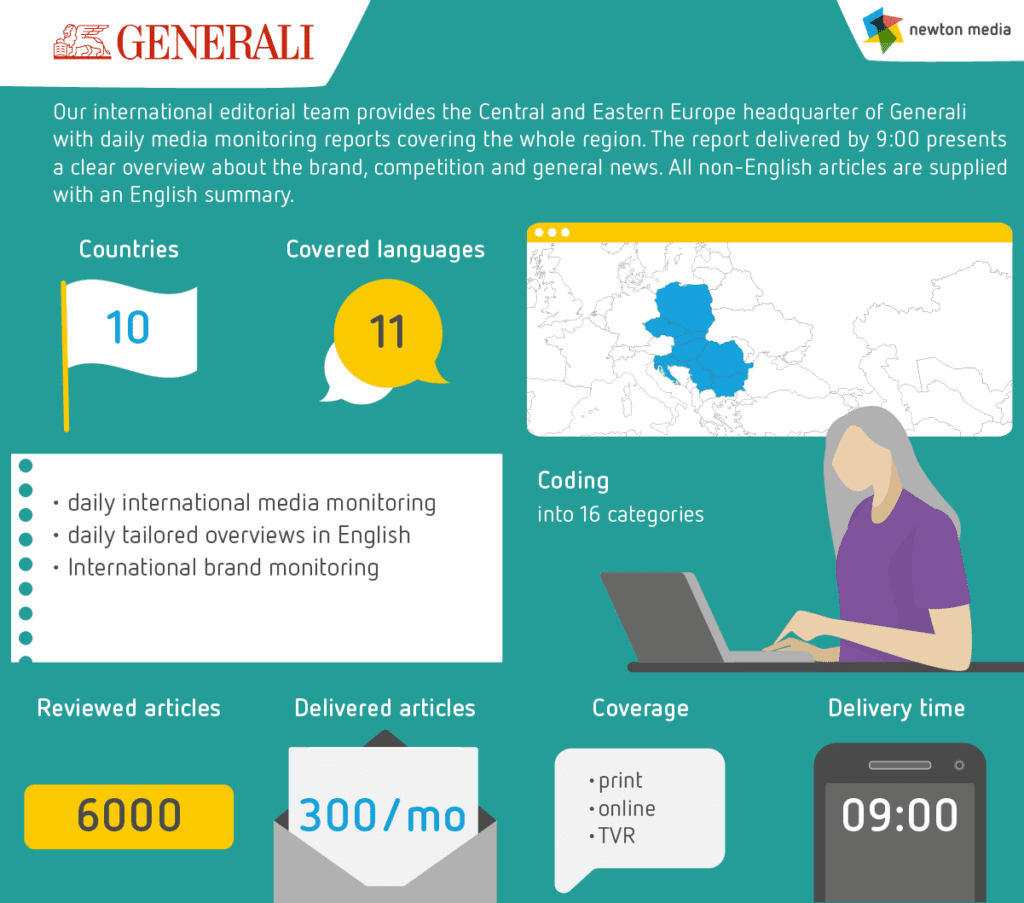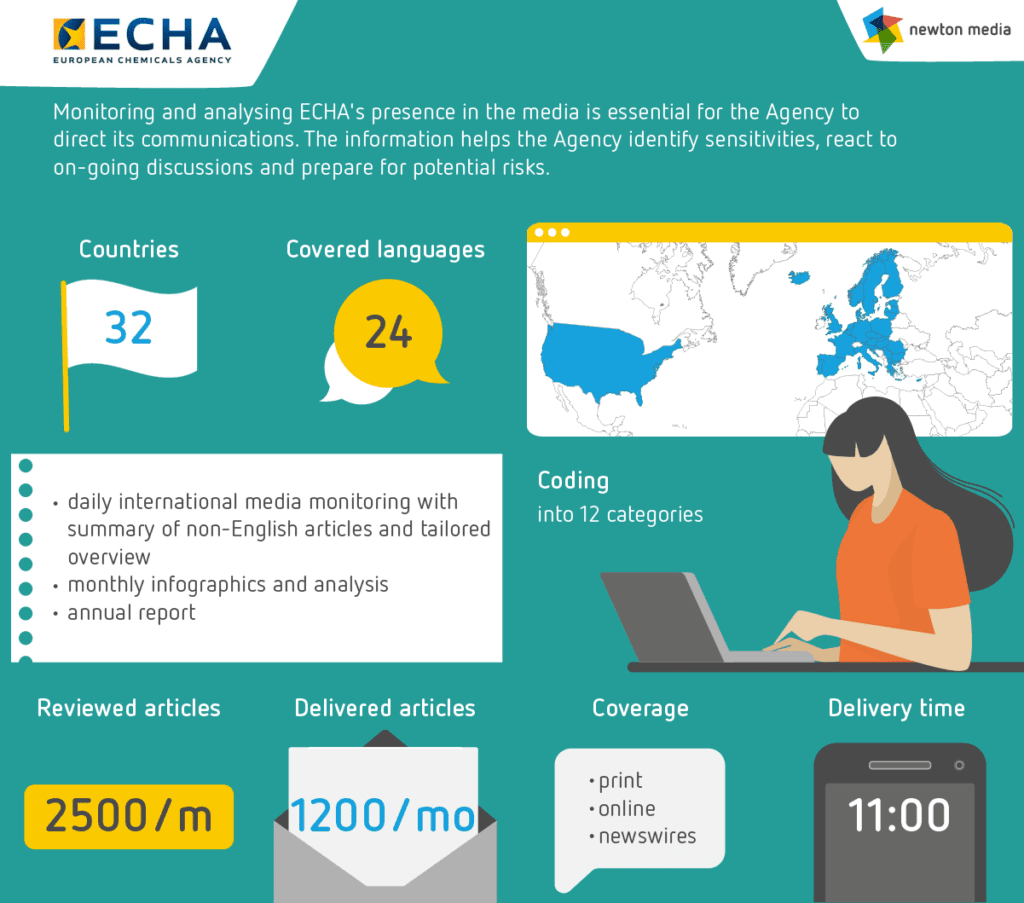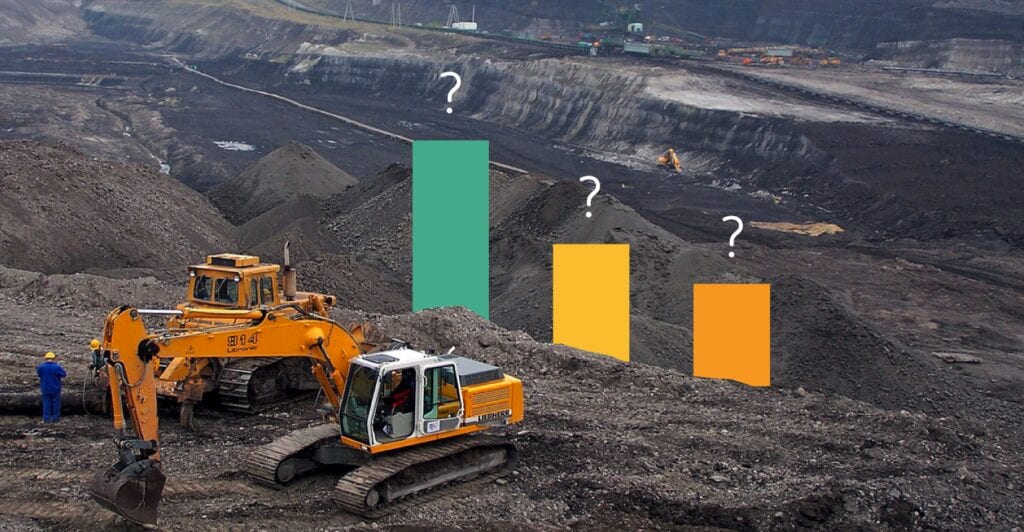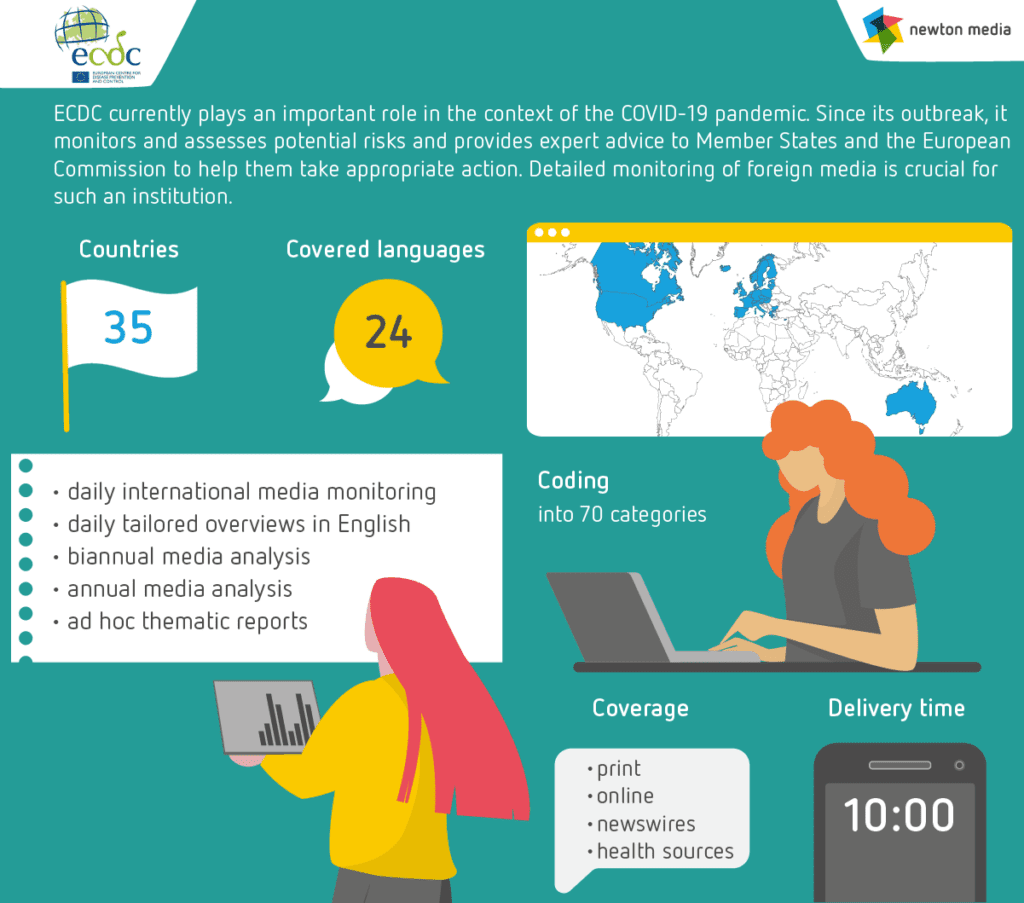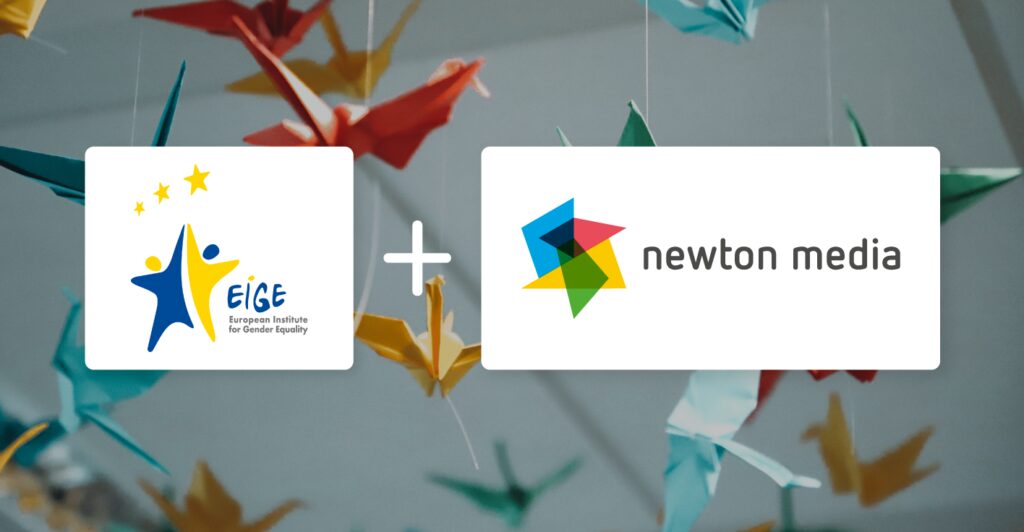Together with STEM / MARK and Newton Media, the AdHackers agency completed an extensive analysis of moods in Czech society during the coronavirus pandemic. The study combines the analysis of traditional and social media with quantitative research. The media analysis covers the period from February 2020 to April 2021, while the data collection in the quantitative survey took place in the second half of May 2021.
What moves the Czech Republic follows three main topics that resonated with Czech society: freedom, education, and healthcare. Enormous media attention was focused mainly on the topic of healthcare, which was covered by 16.8 million mentions in traditional and social media. Education covered 5.5 million mentions and freedom 4.2 million mentions. While the traditional media (online articles, press, television, and radio) contributed only a tenth of the contributions to the publicity of these topics, the biggest debate took place on social media. Posts on Facebook significantly dominated here, and to a lesser extent discussion under articles and mentions on Twitter.
“We were interested in how the atmosphere in society developed at a time when the pandemic affected all areas of our lives. It turned out that while traditional media paid as much attention to freedom as before the pandemic, social media saw a significant increase in user interest,” says Jan Řehák, founder of the AdHackers agency. “Individual government measures affected almost every Czech and people needed to comment on them. Restrictions on movement and services, freedom of speech, censorship, and restrictions on freedom by the EU have resonated significantly with Czech society. Concerns about further lockdowns and discussions about vaccinations remained in society,” adds Řehák.
Media attention focused on other two areas (health, education) reflected the development of the pandemic itself and the consequences of government actions. “Initial uncertainty and fear of the unknown were replaced by summer euphoria. The period of last year’s holidays was thus in the spirit of easing. The epidemic seemed to be in decline, the society was in a good mood and hoped that the worst is over,” says Martina Maňhalová, an analyst at Newton Media. In the autumn of 2020, the situation in health care deteriorated again and school attendance was reduced. While in the spring people tackled the ability to adapt to the new situation, in the autumn there was a real fear of insufficient capacity in the Czech healthcare system and concerns about the impact of closed schools on pupils and students, as well as the parents themselves. Lockdown in the spring of 2021 then contributed to the general feeling of fatigue and frustration from the unmanageable situation.
In the quantitative part of the survey by the research agency STEM / MARK, it turned out that among the most pressing problems of Czech society, people rank in the first three places a malfunctioning state, its excessive indebtedness, and an excess of corruption and theft. Next are the economic problems of more expensive and less affordable housing and fears of a future tax burden. “We have been monitoring thematic urgency for many years and I can confirm that the eagerness to tackle corruption has long been rooted in Czech society. But there is also a certain feeling of frustration. The state’s indebtedness gained emphasis only with sudden expenditures in the fight against the epidemic crisis. A poorly functioning state is associated with chaos, quarrelsome politicians, but also, for example, insufficient digitization of social institutions. The current low level of trust in the government also plays a role,” explains Jan Burianec, a sociologist at STEM / MARK.
A quantitative STEM / MARK survey confirmed that people are afraid of ongoing restrictions on free life and are inclined to return to normality as soon as possible.
